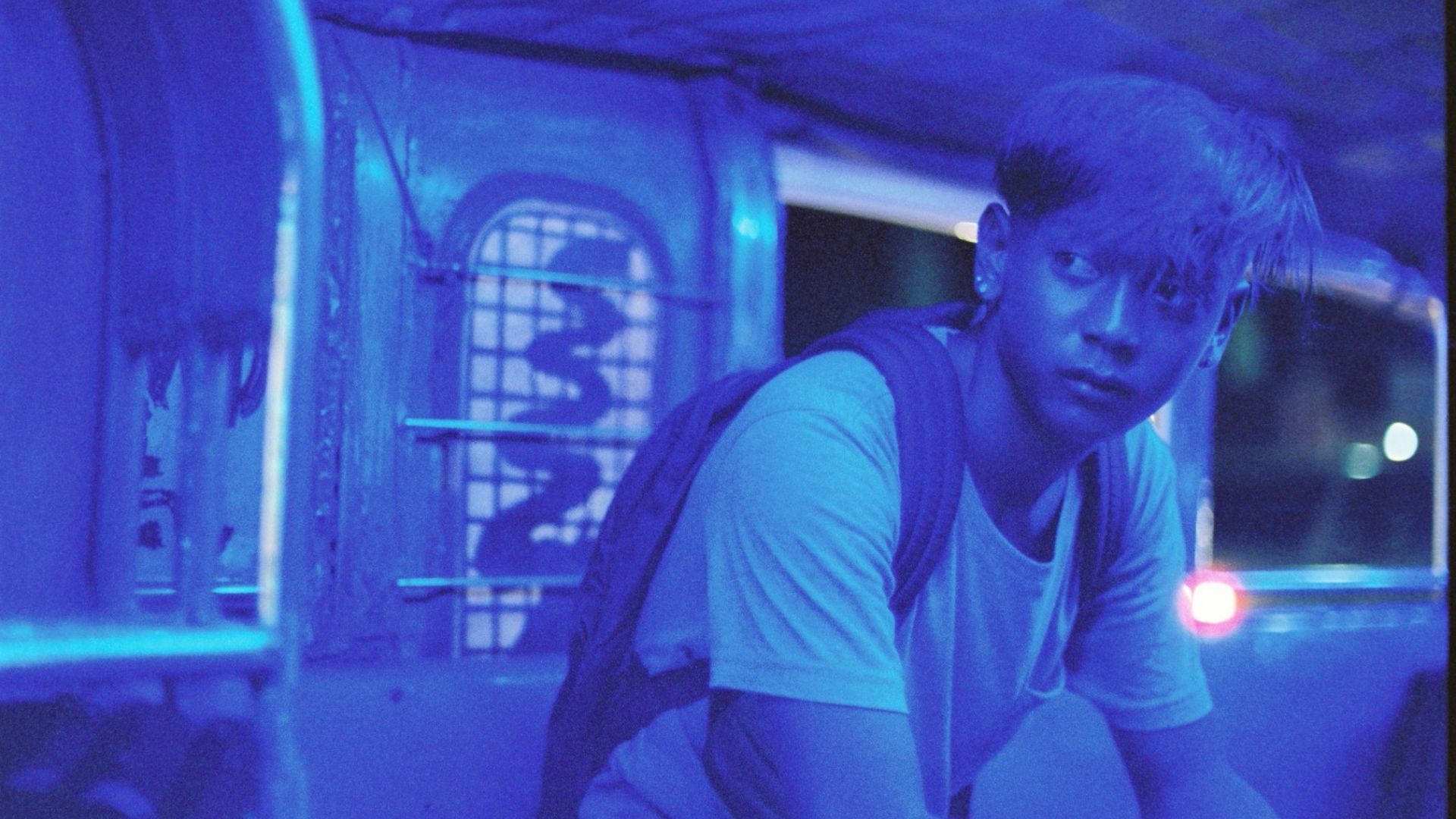The glass shard isn’t even the most significant object in the movie. That would be a small statue of the Virgin Mary brought to the convent by Benedetta as a girl. One character’s proposal for how that statue might be used got a round of applause from the Cannes press corps, which, at least in my case, came prepared to be shocked by this competition film’s blasphemy and explicitness. Verhoeven, still courting scandal at 82, did not disappoint.
An amateur historian of Jesus (he wrote a book) whose movies have expressed a consistent skepticism of religion, Verhoeven gives most of his sympathy, at first, to Sister Christina (Louise Chevillotte), a nun who doubts Benedetta, and Sister Felicita (Charlotte Rampling), a doggedly practical abbess who seems more committed to collecting dowries than to her calling. (“A convent is not a place of charity,” she scoffs, in another line that got a laugh.) If Verhoeven’s other movies have given us what the critic J. Hoberman has called “non-Christian Christs,” now the director gives us nuns who believe most of all in secular reasoning.
But as a master of the erotic thriller, Verhoeven is naturally drawn to the relations between Benedetta and Bartolomea (Daphné Patakia), who arrives at the convent more knowledgeable than Benedetta about sex, albeit for horrifying reasons. (She was raped by multiple family members.) Despite being under Benedetta’s supervision, she appears to be the more confident of the two. Her provocations of Benedetta and the reprisals (with Bartolomea boiling her hand in a show of defiance), and the duel between blonde and brunette, sometimes suggest a 17th-century replay of Elizabeth Berkley/Gina Gershon rivalry in “Showgirls.” (As to how the Foley editors made the sex scenes sound that way, I’m at once intrigued and really don’t want to know.) Again, anyone who would regard a portrait of conspiring, defecating, and frequently naked nuns as a religious affront should stay far away from this movie. Benedetta’s sexualized visions involving Jesus may or may not be consistent with her real-life claims, but “Benedetta” is a film that seems likely to provoke outrage in certain quarters.
Not quite as bananas as “Flesh + Blood” (1985), the last Verhoeven movie in which a group of self-proclaimed visionaries played footsie with the plague, “Benedetta” is nevertheless a more accomplished film. At times, it has the feel of a grand summation of all the director’s ideas about eroticism, rationality, moral ambiguity, and faith. At once tongue-in-cheek and entirely serious, it is a religious movie in which an ostensible sign from above arrives in the form of a man getting bird poop in his eye, and the noblest way to burn at the stake is essentially to sterilize your contagious body while it’s decaying from disease.
You can view the original article HERE.





























